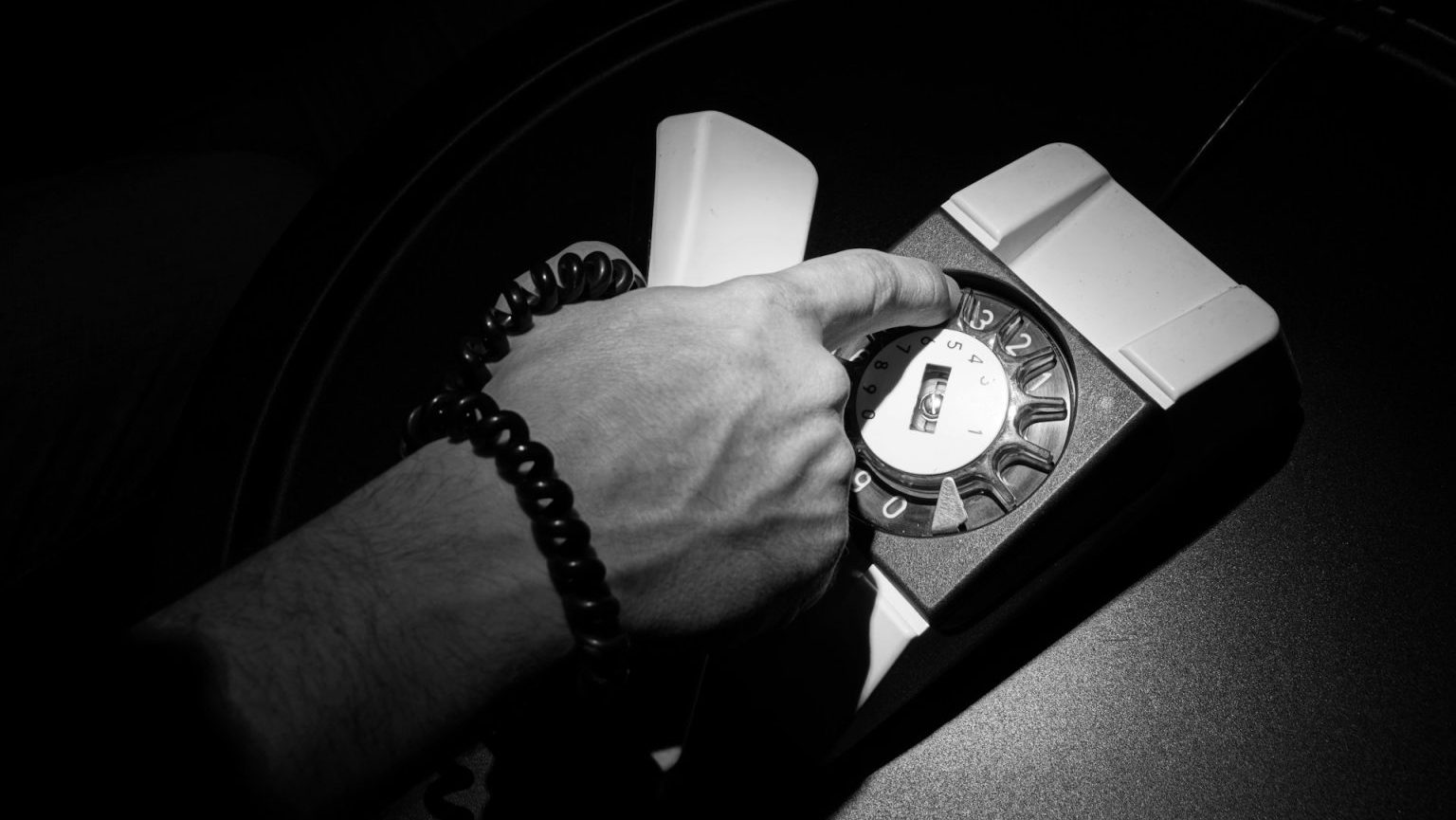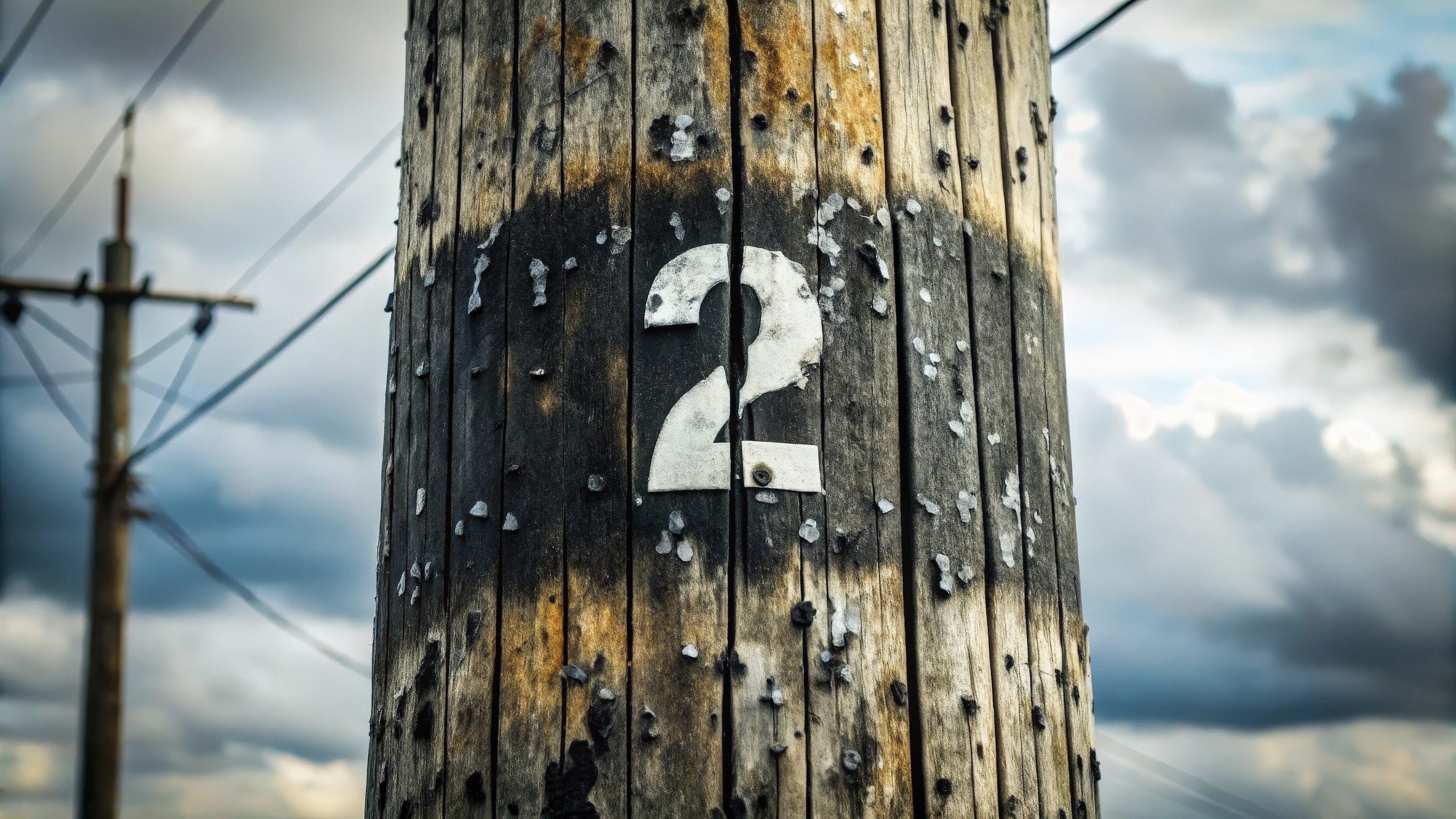Tiago Forte, Founder of Forte Labs and author of Building a Second Brain, discusses the problem of information overload and how it can hinder creativity.
He proposes a solution in the form of a Commonplace book, a central repository for all meaningful information and content. Forte’s method for managing this information, called C.O.D.E. (capture, organize, distill, and express), allows individuals to access and use this information in order to facilitate creative thinking.
By regularly reviewing the information in their Commonplace book and using it to inspire new ideas, people can more effectively navigate the modern world’s information overload — allowing us to free up cognitive resources for creativity.
TIAGO FORTE: It's really difficult to wrap your head around just how much information we intake every day. Too many emails, too many messages, too many things to do, too many things to remember. We are trying to run complex, modern lives, trying to take in and make sense of more information than ever on brains that haven't changed biologically in 200,000 years. Now, as I went about solving that problem, over time, I started to realize, oh, this wasn't just a solution to one problem, it was actually this cognitive exoskeleton, this system that people could use to create better work, to make better decisions, to be more productive, to save time. And so it started as the solution to a problem and over time became this entire methodology of how to do creative work in an environment of information overload.
My name is Tiago Forte. I am the founder of Forte Labs and the author of the book, "Building A Second Brain."
I wrote this book in the first place to solve the problem of information abundance. We can't be the first people to ever have too much information to manage. So I went back through history when society was changing, the economy was changing, the way that we lived was changing, and it turned out throughout history again and again, every time humanity faced too much change and too much information going on around them, they turned to the same solution. They turned to this solution, this thing called a Commonplace book, almost like a journal, except it wasn't just a place for them to pour out their personal thoughts and reflections. It was a place for them to keep a much wider variety of things, quotes and Bible verses and recipes and bits of advice and wisdom, a leaf that they found in the garden or later on a photograph. It became this central repository of all the information and content that was meaningful to them. It's the one place you control and you can make sense of all this stuff happening around you. And what I'm trying to do essentially is reinvent that age-old practice in digital form for modern lives and modern work.
My message to you is that you need a second brain, a personal system for knowledge management. It's saving little bits of material and content and information from both your physical environment, but more importantly, your digital environment to cultivate and retrieve and review it over time. The heart and soul of building a second brain is called C.O.D.E. C for capture, O for organize, D for distill, and E for express. Capturing information, organizing it, distilling it, and then expressing it in in some way. Our memory, especially our working memory, is kind of like the RAM in a computer. It's fast, it can make decisions quickly, but what happens when you restart your computer, which is kind of like going to sleep at night? The RAM gets wiped. Notes are simply a way to preserve the value of that thinking so that you can benefit from it again and again and again in the future and not just once.
The first question that a lot of people have when they embark on digital note taking is what should I capture? If you need to know the population of France, just Google that. There is no reason to write that down. But you can't Google a feeling. Often, what we're actually seeking when we seek information is a feeling. You can save content that evokes those feelings, save a photograph that just inspires you, save some lines from a poem or a song, save a story that moves you, that touches you, that means something to you. Think about the knowledge and the wisdom that is created out of your life experiences. If you've ever lost a job or had a failure or a disappointment, there are certain lessons, certain bits of, I would say wisdom that sunk into your soul. That's the kind of stuff that you want to write in your notes and revisit over time because it really reveals things to you about who you are. A great barometer for the things that are worth saving is things that surprise you, things that are genuinely novel, things that you've never encountered before, you never thought about it quite that way before. Often, these are things whose meaning is initially unclear. What that is is you're subconscious telling you there's something here. There's something valuable or important or something relevant to you, even before your logical mind knows what's going on. By saving all of these observations in one single centralized place, your second brain, you drastically increase the odds that you're going to notice how things connect and relate.
My father is a professional artist, a painter, has been his entire life, but he's also one of the most productive people I've ever met. I always noticed that people would have this image of my father, oh, he must be so imaginative, just wandering around the house, kind of head in the clouds, and that just could not be further from the truth. In order to do his art and to be prolific with four kids, he had to have rules and routines and structures. Everything had to be very well planned out. And I'd say this is true of any creative endeavor. You can't just leave it up to chance. You can't just leave it purely up to being in the right mood. And that's where productivity is kind of the other half of the coin of creativity, is not inventing something from nothing, it is just applying a tool or a technique or an insight from one domain and then translating it to another one and this is really what it's all about. That is the very essence of creativity.







